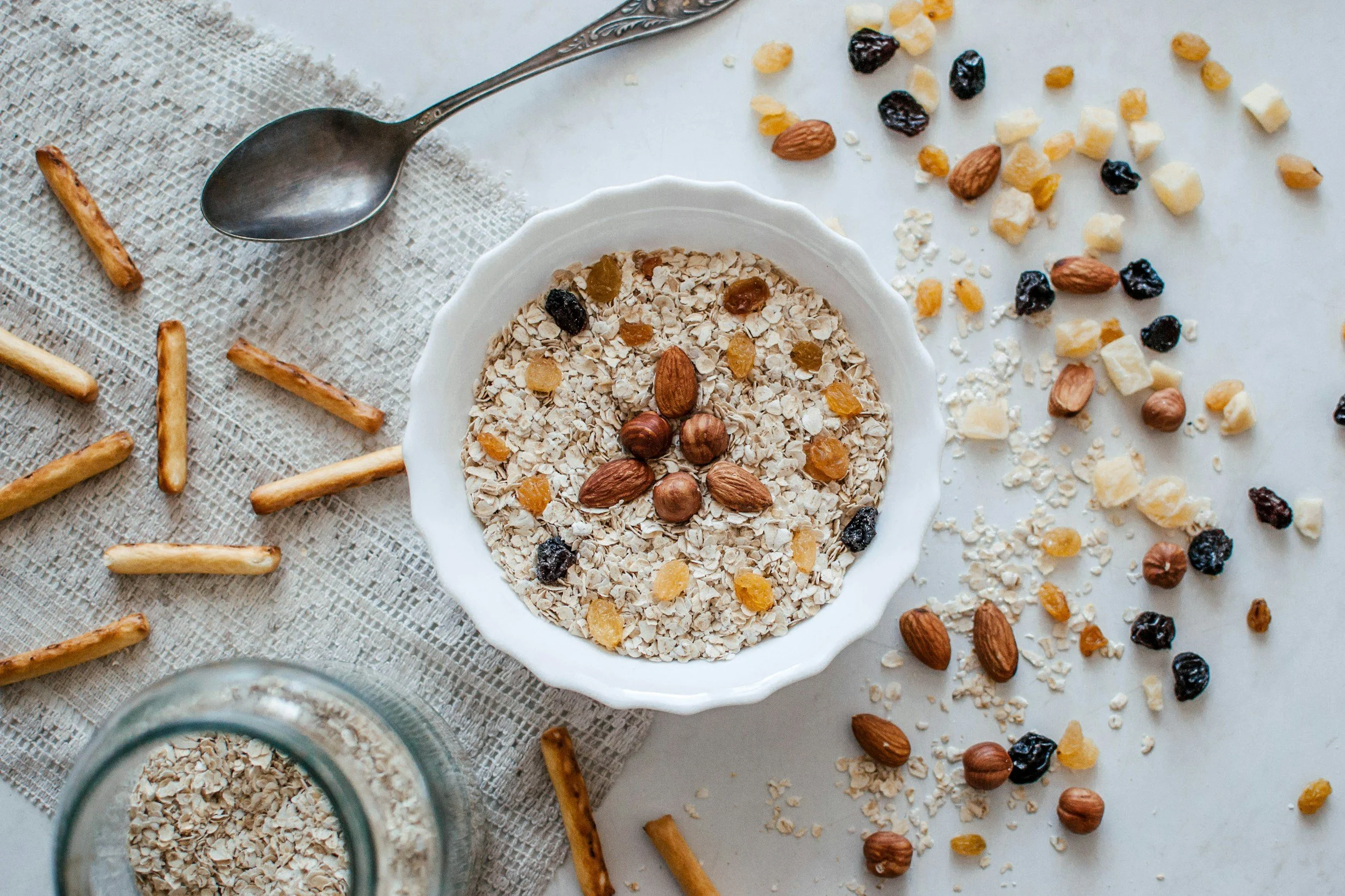Common Weight Loss Myths Busted
Weight loss advice is so common (and contentious) now. There are competing opinions everywhere. I say, forget about "who's right" and let's focus on "what's right." Because what gets results is what I'm focusing on in this post. I respect you too much to make empty promises and try to sell you on something that doesn’t work.
There are too many weight loss myths out there. I’m going to tackle the top ones I come across in my practice.
Myth: Calories cause weight gain, and fewer calories are the path to weight loss
Calories are important for weight loss. If you eat and absorb a ton more than you use, then your body will store some for later. Calories matter. But, they are not the “be-all and end-all" of weight loss; they're important, but they're the symptom, not the cause. Let's think about the reasons people eat more calories.
When people chronically eat too many calories, it's not because they're hungry, but because they feel sad, lonely, or bored. Or maybe because they're tired or stressed. Or maybe even because they're happy and celebrating. And all these feelings interact with our gastrointestinal, nervous and hormonal systems; all of which influence our calorie intake.
Myth: “Eat less, move more” is good advice
Well, then we're all in tip-top shape, right? Because people have been doling out this advice (myth) for years.
The premise of this is based on the above myth that calories in minus calories out equals your weight. So, eat fewer calories, and burn off more calories (because human physiology is a simple math equation, right?).
Even if people can happily and sustainably follow this advice (which they can’t!); it completely negates other factors that contribute to weight problems. Things like the causes of overeating we mentioned above. Not to mention our genetics, health conditions we're dealing with or our exposure to compounds that are "obesogenic.”
Myth: A calorie is a calorie
Science has confirmed several caloric components of food differ from others. For example, the “thermic effect of food” (TEF) is that some nutrients require calories to be metabolized. They can slightly increase your metabolism, just by eating them. It's not a miracle. It's just a little temporary bump.
For example, when you metabolize protein you burn more calories than when you metabolize carbohydrates. Proteins and carbohydrates both have 4 calories/gram; but, the TEF of protein = 15–30%; and the TEF for carbohydrates = 5–10%.
Here’s another example of a calorie not being a calorie. Different fats are metabolized differently. Medium chain triglycerides (fats) (MCTs) have the same 9 calories/gram that other fats do; but, they're metabolized by the liver before getting into the bloodstream and therefore aren't utilized or stored the same way as other fats.
Myth: Buy this supplement/tea/food/magic potion to lose weight
There is no magic pill for weight loss. No supplement, tea, food, or other potion will do the trick. We'd all be our desired weight if they were actual magic.
There are products that make these claims, and they're full of garbage (or shall I say "marketing gold?"). The only thing you will lose is your money and possibly your hope. So, please don’t believe this myth. There is a reason most people who lose weight can’t keep it off. The real magic is in adopting a sustainable approach to living your life. What you need is a long-term lifestyle makeover, not a product.
Weight loss is hard! There are too many people out there trying to make it sound like they have the simple solution (or the latest and greatest!).











